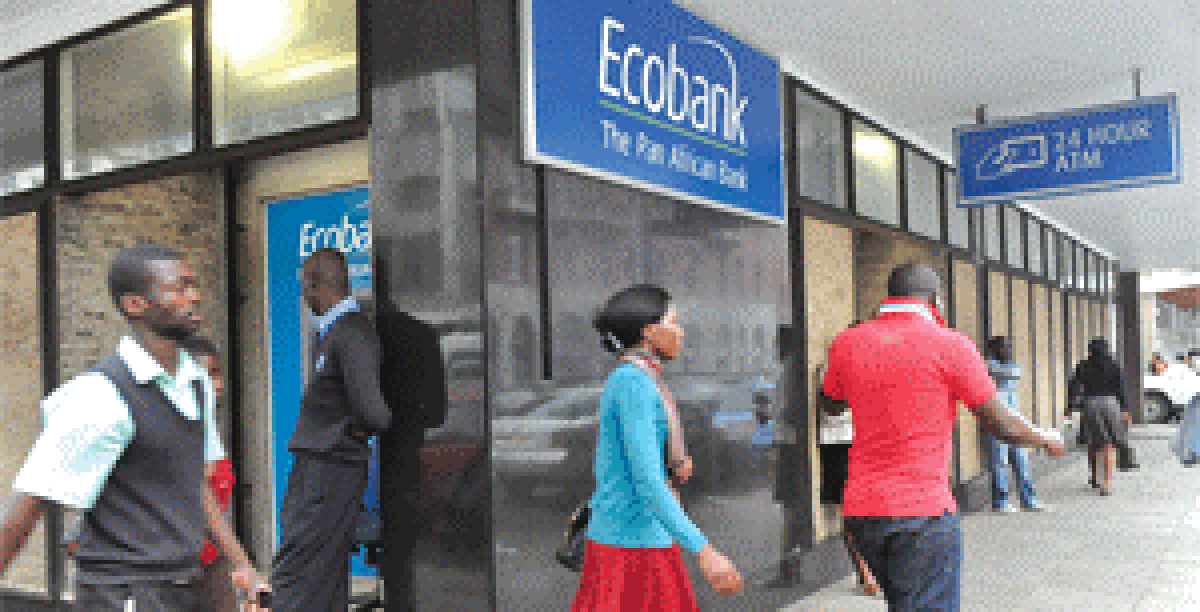Job cuts cost Stanbic $430m
POST tax profits at Stanbic Bank slowed to $1,2 billion during the half year ended June 30, 2021 after expenses spiralled following a staff rationalisation programme, chairman Gregory Sebborn said on Friday.
The Stanbic boss said job cuts had cost the bank $430 million, as COVID-19-induced hard lockdowns depressed the trading revenue line.
Stanbic had posted $1,3 billion profit after tax during the period.
However, the bank lifted interest income as appetite for funding improved in industries under relaxed COVID-19 restrictions this year, compared to 2020.
“The bank posted an inflation adjusted profit after tax of $1,2 billion, which was slightly below the inflation adjusted profit of $1,3 billion achieved in the comparative period, largely because of depressed performance of the trading revenue line of account of subdued trading activity, which was experienced during the period, given foreign currency shortages in the market combined with periods of lockdowns,” Sebborn said in a commentary to the bank’s financial statements.
“In addition, operating expenses increased in comparison to prior year driven by expenditure of $430 million incurred in a staff optimisation exercise,” he said.
Stanbic was among several big banks that carried out staff cuts during the first half as the sector responded to subdued business stemming out of the pandemic induced slowdown, which saw companies reviewing operations and sending staff home to prevent contagion as the virus ripped the economy apart.
Banks said some jobs cuts were in response to a general shift in the operating environment, which dictated that they review business models.
Net interest income climbed 218% to $2,6 billion during the review period, from $803 million during the same period in 2020, as fresh appetite for loans returned.
Fees and commission income surged by 67% to $2,7 billion, from $1 billion during the first half of 2020, underpinned by higher transaction volumes as firms returned from hard lockdowns to begin operations, according to chief executive officer, Solomon Nyanhongo.
Standard’s core capital ended at $5,7 billion during the review period, which was ahead of the equivalence of US$30 million expected to be met by banks at the end of this year.
“Notwithstanding the notable improvements above, the economy continues to be impacted by the resurgence of in COVID-19 cases, low business confidence, policy inconsistences high inflation, foreign currency shortages, low disposable incomes and unstable energy supply.
“The policy environment and fiscal space are likely to remain constrained to contain these challenges in the short to medium term outlook,” said Sebborn.-newsday.c.w











